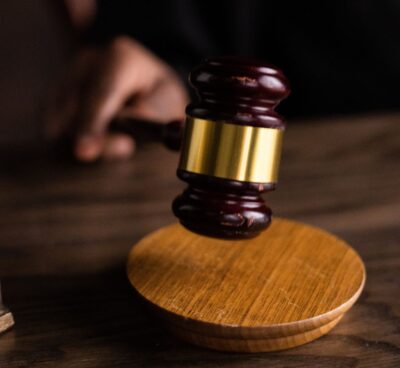By Margaret Adams
On Nov. 7th, Clevelanders will be voting on judges to fill six terms-of-office starting on Jan. 1, 2024. The judges will be elected to serve on the court for six years. In the past, there hasn’t been much attention paid to the candidates running for judge, however, since the Trump administration, the public has become more aware of the important role judges play in our lives—how a judge handles the cases before them, and the rulings they hand out impact all of us.
On Tuesday, Oct. 17th at 5:30 p.m., The Cleveland Observer (TCO), in partnership with Community Culture of Informed Voters (CCOIV), will host a moderated forum for the citizens of Cleveland to hear from the candidates for a judge position on the Cleveland Municipal Court. The Forum will be held in the Cleveland Connections/Neighbor Up Room in the Cleveland Foundation building located at 1971 East 66th St.
According to the Ohio Supreme Court judges salary chart, judges make an annual salary of over $100,000. To qualify to run for the office of a municipal judge, candidates must be less than 70 years old, licensed by the State of Ohio, and have practiced law for at least six years. Cleveland Municipal judges are nominated by petition. A candidate can have their name placed on the ballot if they turn in a petition with only 50 verified signatures from city voters. The Cleveland Municipal Court has jurisdiction over the City of Cleveland and the Village of Bratenahl.
The primary function of municipal judges is to handle misdemeanors, including traffic offenses, drug-related offenses (such as DUI), domestic violence, assault, theft of property (such as shoplifting), and landlord and tenant disputes. The judges conduct preliminary hearings and set bonds in felony cases committed in the city of Cleveland. They handle civil matters in the small claims court for cases under $6,000. The general division of the courts can determine civil cases where the controversy does not exceed $15,000.
According to the Cleveland Municipal Court’s web page, the court wants to “help solve community problems.” Rather than moving people through the system by sending them to jail and having them pay fines, the court is working to create remedies that go to the underlying reason(s) that cause people to appear before them. To do this they have established specialized dockets for drug offenders, domestic violence, and mental health issues. The community needs to hear from the candidates to learn how they will address some of the social issues facing those who appear before them. It is just as important to hear from the candidates about how they will address the disturbing incidents of crime and violence within the youth of our communities.
The forum being presented on Oct. 17th will give people the chance to listen to the judges whose decisions will have an impact on us, our families, and our communities for at least the next six years. Your attendance is strongly encouraged.





